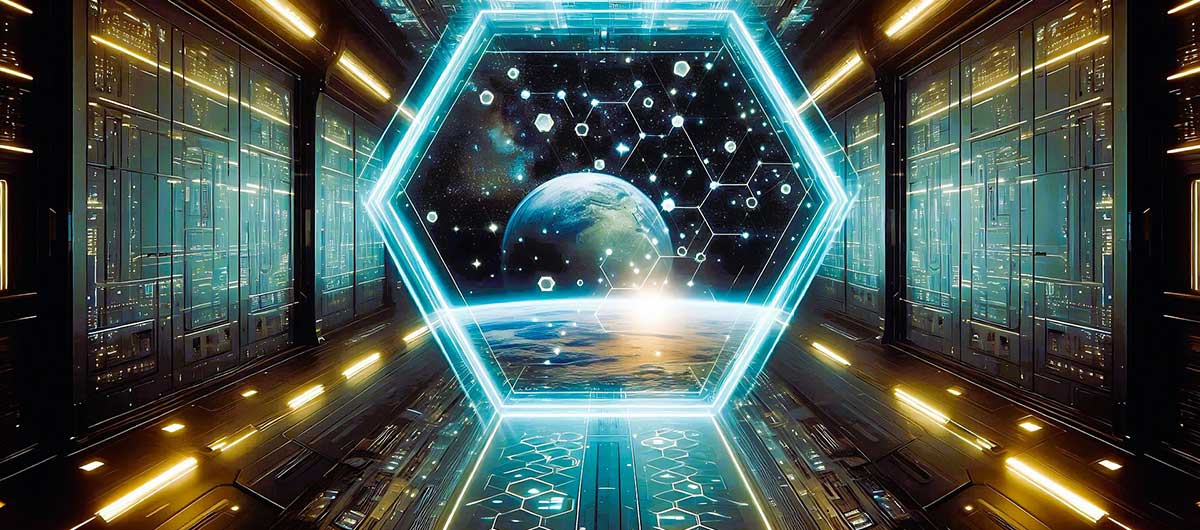The race for the Artificial Intelligence throne continues. After the explosion of OpenAI, with ChatGPT or DALL-E, Google has now taken a step forward at its annual I/O conference.
The Mountain View company indicated that it is working on the development and improvement of three AI services: PaLM2, Gemini and Google Board. In this Befree blog post we explain their progress and what these three AIs will consist of.
PaLM 2: the invisible hand
This is probably the key announcement. The highlight of the conference. PaLM 2 is Google’s new language model, which it has claimed will be “faster and better reasoning than its predecessor“. It will be responsible for supporting the massive arrival of AI in all Google products. It is the renewal of the original PaLM model.
To perfect it, Google has nourished it with a database made up of scientific research and web content with expressions, formulas and mathematical language. This has allowed it to be better able to understand and generate content. PaLM 2 has been launched in two specific versions: Med-PaLM 2 (specialised in medical topics) and Sec-PaLM 2 (focused on cybersecurity).
Google claims that the model is already found in 25 different products and functions across all its platforms, including the new version of Bard. The US company has placed special emphasis on the multilingual capability of its new model, claiming that it has been trained to work in more than 100 languages.
Google Board: the public-facing result
Initially, Google did not want to launch its alternative to ChatGPT when the AI was born. However, due to its enormous popularity, they were forced to activate a kind of code red: Bard. Officially announced on 7 February, Google has not yet wanted to offer it to everyone. In fact, it is recalled that the US company’s response to Bard skidded and caused millions of dollars in losses.
At the I/O conference, Google explained that Bard will finally be available in more than 180 countries very soon. We have not yet been able to access it, but we do know some striking and groundbreaking details that we are going to offer you below.
The first is that it will work almost identically to ChatGPT. In other words, it is a conversational system that responds to your requests and queries. However, Bard will have advantages that OpenAI’s tool does not have. For one thing, it will have a continuous Internet connection, so it will be able to refer to events and data after 2021 (ChatGPT’s knowledge cut-off date). For another, Bard will be integrated as a function of the Google search engine. In addition, it will also offer images in its responses, including some devised by AI thanks to a partnership with Adobe Firefly.
Gemini: the future replacement for PaLM 2
Google’s ace up its sleeve when it comes to Artificial Intelligence is Gemini. At the conference it was announced that PaLM 2 will act as the main language model while Gemini is being finalised. Very little is known about this project yet, and we can only speculate about it.
What is known is that Google has promised some very important news. Its development and fine-tuning is being carried out by two teams: Google Brain and DeepMind, although the two teams have recently merged to form Google DeepMind.






